I like to talk about “changing the world” because it cuts to the heart of our purpose as educators, as institutions of higher education, and as individuals and citizens. Many eyes are rolled when they hear this phrase, yet nothing less is needed right now.
But are we, who work in the Academy, moving fast enough? Are we exchanging mixed messages with our students?
At first glance, the role that universities can and do play in addressing the climate crisis appears self-evident and natural. By design, universities generate and house all sorts of knowledge that can and must be leveraged to address the climate crisis. Whether it is in the natural sciences, the applied sciences, the humanities, or public health, university researchers routinely describe how and how much the climate system is changing, and to what extent these changes could affect the health and well-being of people, infrastructure, and ecosystems. These facts and causal relationships establish the intellectual basis for climate change science, resilience, and advocacy for sustainable development.
However, in the increasingly compressed period of time in which we can avoid the worst, and mostly irreversible, impacts of climate change, this knowledge is only valuable if it begets action—and in this area, I believe, many universities fall short. The challenges before us require radical, decisive, and disruptive actions, unprecedented and transformative shifts in direction that are currently perceived by many entrenched interests as counter-cultural and threatening. It is the very students who listen to our lectures and who do our homework problems who will be asked to make these decisions in the critical decades ahead of us. Are we equipping these students with the skills needed to be persuasive in spoken word, in writing, and through application of the laws of supply and demand that reign in the circular economy? Are we exposing them to a wide range of divergent perspectives, and making sure they understand contemporary dynamics of power and systemic oppression? Are we being honest about the uncertainty associated with future projections, the divergence of many mainstream interpretations of the past from reality, and the implications of contemporary lifestyles on earth’s life support systems and the lives of the poor and marginalized? Are we equipping them with consensus building and conflict resolution skills necessary to act coherently and cogently when they encounter resistance? Are we teaching them techniques in multi-parameter decision analysis? And most importantly, are we inspiring them to care and to believe that through their work they can change the world?
I believe that if our students do not graduate feeling energized, excited, and well versed in the scale and the scope of the problems that we have left them, they will not only fail to sufficiently change the world, but will also be psychologically burdened by the intractability of these problems. That outcome bodes very badly for the rest of us. I like to talk about “changing the world” because it cuts to the heart of our purpose as educators, as institutions of higher education, and as individuals and citizens. Many eyes are rolled when they hear this phrase, yet nothing less is needed right now. A key question we should be asking ourselves is: are we graduating individuals who will be our future enemies in the climate crisis—individuals who either through their cynicism, or through their faulty conceptualization of the causes and implications of human activities, or through inadequate skills, are making our problems worse? Or are we graduating empathetic and strategic partners—individuals who through their formative academic experiences understand that the constraints on future decisions need to be very different from those of the past?
On the flip side, I feel compelled to ask, are we, today’s decision-makers, thought leaders, and educators in higher education, the enemies of our students? Through omission, sanction, or silence, are we not sufficiently challenging the problematic paradigms of the past, reducing the opportunities that these individuals will have in the future? Are the investments of our university endowments, our procurement decisions, and our pedagogical priorities actually perverse subsidies on an outdated global order? Are university policies, classroom discussions, and grading rubrics truly and comprehensively inclusive, and appropriately scaled to the scope of the global dilemma? And are the socioeconomic barriers to higher education so high that only an elite few are equipped with the knowledge and skills so urgently needed to avoid global catastrophe?
As we all know, a sustainable future is one in which future opportunities match or exceed those of the present. History sets the trajectory that the present generation can intentionally choose to alter, or not. I believe that we need to graduate students who, looking at a parking lot, see a former forest or prairie which could be restored; we need to graduate students who, upon becoming aware of the systemic and persistent poverty in society, see a failed economic system and instinctively seek out ways to modify it to better serve all of us; and we need to graduate students who, when they experience extreme weather, close their eyes and see images of tailpipes, smokestacks, and oil wells, as the left hemisphere of their brains starts to develop viable strategies for replacing them.
I submit that, in view of the science of climate change, these are not radical statements. Indeed, it is only by acknowledging these associations that we will graduate students who can conceptualize, and subsequently work to realize the sustainable future that we have thus far failed to deliver them.
Franco Montalto
Philadelphia
with Inspiration from Hugh Johnson and Korin Tangtrakul

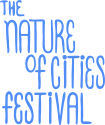
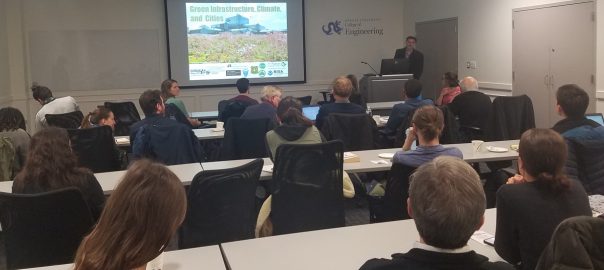
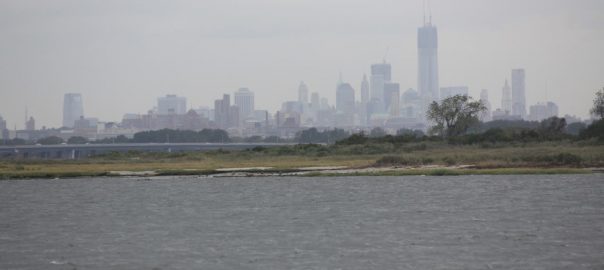
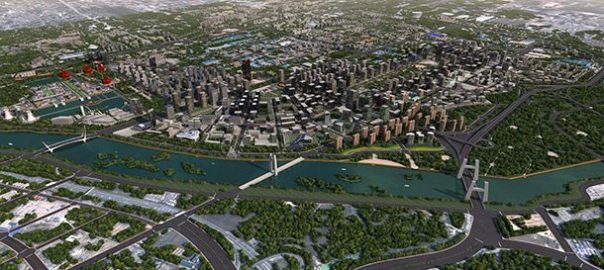
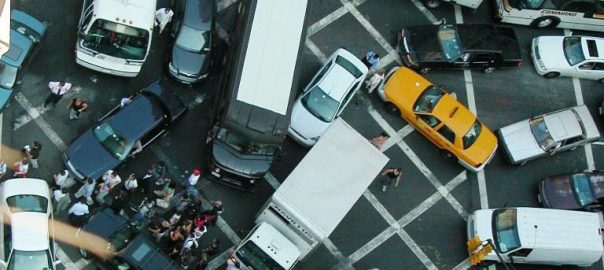
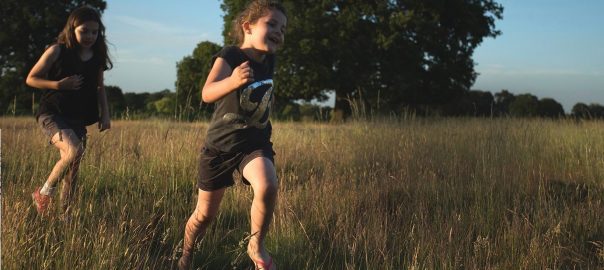
Leave a Reply